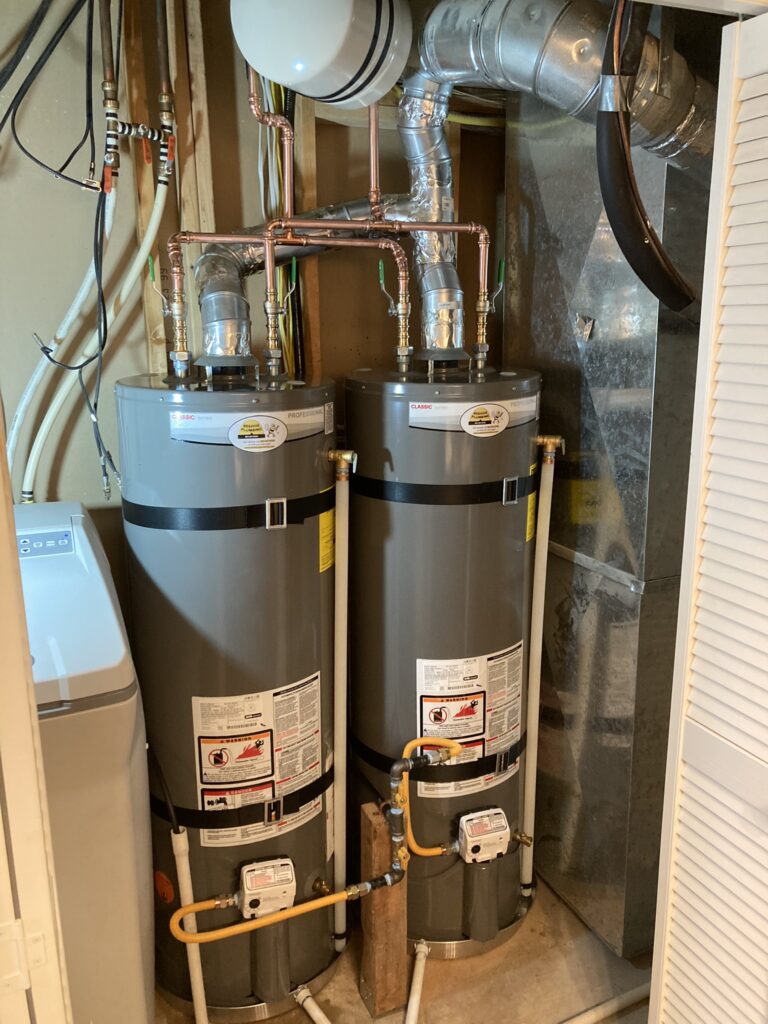
Decoding the Numbers: Gas Water Heater Installation Cost
Embarking on the journey of installing a gas water heater comes with the inevitable question: What will it cost? Understanding the factors that contribute to the overall expense can help you navigate this financial landscape and make informed decisions for a seamless installation process.
The Core Components: Breaking Down the Basics
Before delving into the costs, it’s essential to grasp the fundamental components of a gas water heater installation. This includes the water heater unit itself, necessary piping, valves, and potentially a new gas line if modifications are needed. Each element plays a role in the overall cost calculation.
Unit Selection: The Heart of the Matter
Gas water heaters come in various sizes and efficiency ratings, and your choice significantly impacts the installation cost. Higher efficiency units tend to have a higher upfront cost but can result in long-term energy savings. Balancing your budget with your desired level of energy efficiency is a crucial consideration.
Labor Costs: Skilled Hands at Work
The installation process involves skilled labor, and the cost of hiring professionals for this task is a significant factor. Experienced plumbers or HVAC technicians ensure the proper connection of gas lines, venting, and the overall safety and functionality of the system. Investing in skilled labor is an investment in the longevity and reliability of your gas water heater.
Location Matters: Regional Variances in Pricing
Where you live can impact the overall cost of gas water heater installation. Regional differences in labor rates, building codes, and permit costs contribute to variations in pricing. Researching local averages and obtaining multiple quotes can provide a more accurate estimate tailored to your specific location.
Permitting and Compliance: Navigating the Regulatory Landscape
Installing a gas water heater involves adherence to local building codes and regulations. Permit costs, inspections, and compliance with safety standards add to the overall expense. While these may seem like additional hurdles, they are essential for ensuring the safety and legal compliance of your installation.
Hidden Costs: The Unforeseen Variables
In any home improvement project, unforeseen circumstances can arise, leading to additional costs. These may include unexpected issues with existing plumbing, gas lines, or venting that become apparent during the installation process. Building a contingency fund into your budget can help mitigate the impact of these surprises.
DIY vs. Professional Installation: Weighing the Options
While some may be tempted by the idea of a DIY installation to cut costs, it’s crucial to consider the complexities involved. Gas water heater installation requires specific skills and knowledge to ensure safety and compliance. The potential risks and the importance of a professional touch often outweigh the upfront savings.
Financial Planning: Budgeting for the Long Term
Considering the long-term financial implications of your gas water heater installation is prudent. While the upfront cost is a significant factor, evaluating energy efficiency, maintenance requirements, and potential savings on utility bills can provide a more comprehensive view of the investment.
Gas Water Heater Installation Cost: Your Guide to Informed Decisions
For a detailed guide on understanding and navigating gas water heater installation costs, visit castlemanager.net. Gain insights into the factors influencing pricing, explore tips for cost-effective installations, and empower yourself to make informed decisions. Your journey to a reliable and efficient gas water heater starts with understanding the costs involved.
